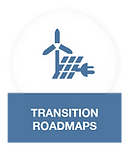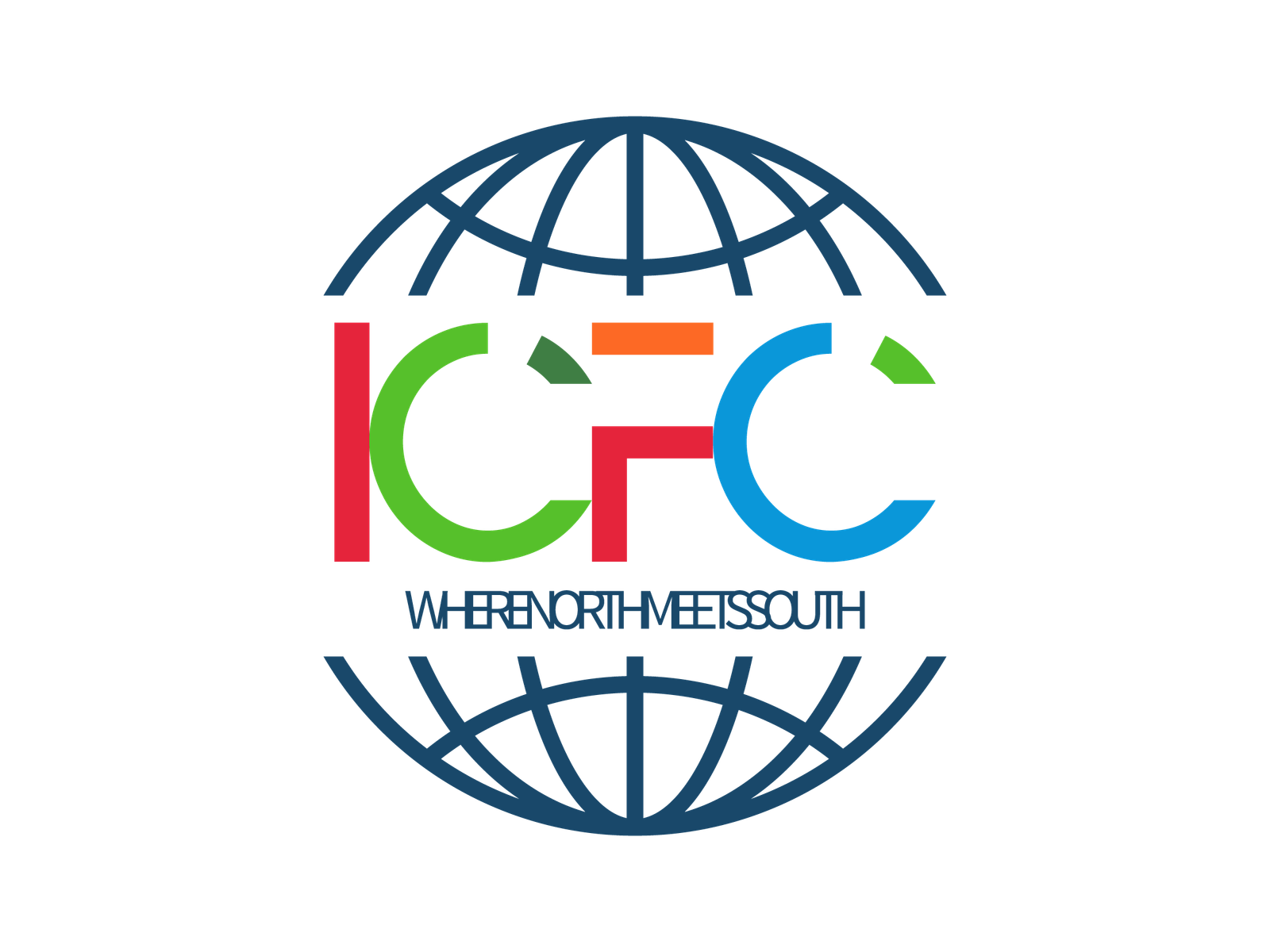Key Activities of The Centre
The Centre’s work is guided by a clear impact agenda aimed at implementing Paris agreement through achieving regional objectives of mitigating and/or adapting to climate change by increasing financing for green economic activities and building a favourable policy, regulatory and investment environment in developing countries:
Key Activities of the Centre
Actively engage with all actors of the ecosystem to identify gaps, challenges, risks, and opportunities
Regulatory Exchange & Policy Development:
- The Centre is actively involved in regulatory exchange and engagement by facilitating policy dialogue with regulators and local actors.
- Formulating supportive policy & regulatory settings to incentivize green investments and create a more favourable investment environment.
Building capacity & Technical Advisory:
Strengthening capacity among regulators and local private sector partners to build a pipeline of bankable green projects and support investments in climate activities such as green-oriented and resilient local financial systems, green banks, markets, and institutions.
Regional & Global Networking:
- Facilitate regional and global networking to support knowledge exchange between regional institutions and global institutions by forming bilateral and multilateral working groups.
- Position Brussels as the Climate Finance City of the world.
Innovation & Technology:
Identify and deploy an umbrella of technological solutions to common problem statements in the green financial industry, such as data collection and verification, assessment and analysis of climate related risks, and visibility of potential green projects.
Green Investment & Lending Facilities: 2050 Green Funds
Provide favorable lending facilities such as grants and concessional loans to green projects in INTERNATIONAL Establish a blended finance approach by creating a specialized green fund with multiple partners to co-invest and finance green projects in INTERNATIONAL , improving the bankability of green projects. The lending and investing activities will target the following sectors: - Sustainable Agriculture & Food & Water Security
- Biodiversity: land and ocean conservation
- Green energy: infrastructure and access
- Greening business: Circular economy and value chains
- Green Fintech
- Green Buildings
- Waste management
- Climate resilience projects targeted to preserve the livelihoods of highly vulnerable populations impacted by climate disaster such as indigenous communities, small holder farmers, and low-income households
- Sustainable Agriculture & Food & Water Security
- Biodiversity: land and ocean conservation
- Green energy: infrastructure and access
- Greening business: Circular economy and value chains
- Green Fintech
- Green Buildings
- Waste management
- Climate resilience projects targeted to preserve the livelihoods of highly vulnerable populations impacted by climate disaster such as indigenous communities, small holder farmers, and low-income households
De-risking green finance: Structured Funds & Technical Vehicles
- Establish guarantee mechanisms to de-risk green projects and improve risk-return profile for investors. This can be in the form of an insurance guarantee instrument to hedge against project and country risks.
- Development finance institutional guarantees to mitigate political, regulatory, and currency risks, making the project less risky.





